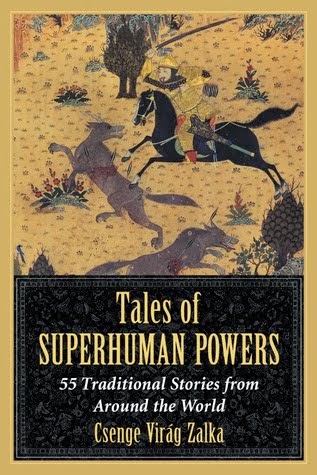I have been thinking a lot about this lately. Every budding storyteller seems to have his or her own idea about what the perfect audience is like, and, most of all, which one is the perfect age (group, range, grade) for storytelling. Including me. You listen to conversations between storytellers and you hear stuff like "I love Kingergarten" or "I'd never tell in high school" or "I wish I could only tell to adults", or (in my case) "Teenagers, wheeeee!".
And then you start doing gigs and all of your expectations and preferences turn upside down.
I thought teenagers were my complete favorites. Then I started working with fifth grade and they completely stole my heart. Against my better judgement.
Storytellers work so hard on making the world understand and accept that storytelling IS FOR GROWN-UPS TOO, that sometimes they tend to forget that does not mean children are not equally good as an audience. We overcompensate the all-around trend of "storytelling is for children" by believing that storytelling as an art form can only blossom and shine in front of adults who can grasp the higher meanings.
Well, this might be true, but let's not forget that those open-minded, appreciative grown-ups have to come from somewhere.
So, here is my totally subjective and scrambled Beginning Storyteller's Guide to Audiences:
The Little People (Ages 0-6)
The Good: They will love you to bits. They will also love the stories to bits. They generally love everything to bits, including toys and books.
The Challenge: They can't sit in one place for more than 30 minutes, and if theit attention wavers, they walk away. They are very honest in theit critique that way.
The Tales: Participation stories. A moving target is harder to hit.
Shiny Eyes (Grades 1-4)
The Good: They truly and honestly love and crave storytelling, and they are old enough to remember complicated refrains and repetitions. They also figure out riddles quite quickly.
The Challenge: They are very active and they talk a lot. They express their ideas, and expect to be given the chance to do so. They are the age group that will carpet bomb you with questions and expect you to tell the complete any honest truth and nothing but the truth. Or, you know, just make it up.
The Tales: Folk tales and fairy tales, or, if you want them to love you and worship you and follow you home and sleep on your doorstep: scary stories.
The Untamed (Grades 5-8)
The Good: They are fiercely loyal and they understand everything you say. Or imply. Once they accept you as fun, they will adopt you and consider you a BFF. Their reactions are honest, and hard to miss; if you want to test a story, they are the best audience you can wish for. Laughter will be quick, gasps will be common, and snoring will be loud.
The Challenge: Something weird happens around the age of 12 (although it may vary from person to person and it usually happens to boys first): kids suddenly turn cool. From this point on, they will expect to be treated as grown-ups, and will start a protest against stories they find childish. Or, simply, lie down and pretend to be asleep. Or talk loudly over your head.
The Tales: Ghosts. Adventures. Knights. Dragons. Magic. Adventure. Pirates. Ghosts. Vampires. Adventure. Did I mention Ghosts?...
The Wanderers (High school)
The Good: They will love the stories grown-ups love, and they will love them with much more enthusiasm. They will be looking to the stories for answers and guidance. They are very creative and extremely grateful if you treat them as equals.
The Challenge: They will be cheeky and they will test you. Be afraid. Be very afraid.
The Tales: Love and adventure. Grown-up topics. Tricksters and humor! Blood and gore. Strong emotions. Vamps and wolves, if you are so inclined. Warrior maidens, pregnant Sleeping Beauties, and Mouse Deer in all his glory.
Party People (Undergrads)
The Good: They have a lot of time for storytelling events.
The Challenge: They don't usually go to storytelling events.
The Tales: Stories about beer are always a hit. Kid you not.
Reasonable Adults (Out of college and still alive)
The Good: They really enjoy storytelling, and they apreciate it as a performance and as an art form. They like to look into the deeper meaning of the story, and appreciate the eduational value. They can also sit fairly still for an extended perion of time.
The Challenge: It is hard to tell what they are thinking. They might smile and nod politely, and blank out the story. College teaches us to do that. They also believe that tales are for children. Duh.
The Tales: Anything, really, as long as it is not annoyingly repetitive. You can also flash the background of the story to them. They enjoy exotic things.
Don't take any of this in whole, though. This is just how I see it.
The good thing about storytelling? We do not have to settle for one!
Subscribe to:
Post Comments (Atom)







No comments:
Post a Comment